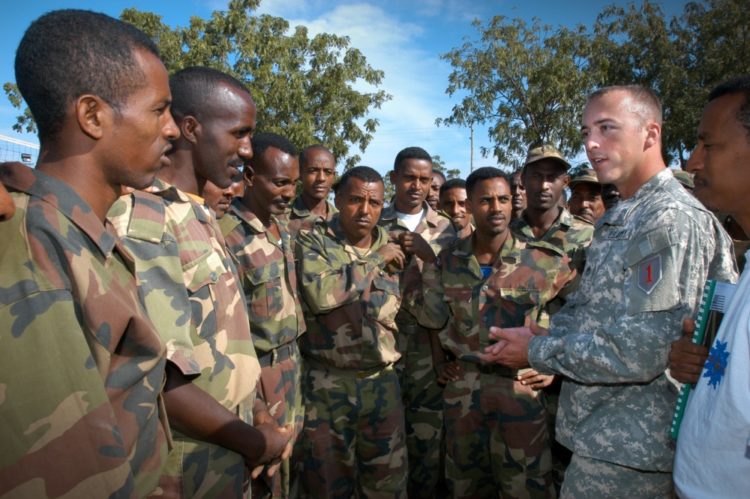Amnesty International, in a report released on Friday, has accused the Ethiopian Military of committing a host of serious human rights abuses including torture, extrajudicial killings, and unlawful detentions.
Amnesty International’s report urged Prime Minister Abiy Ahmed to investigate the country’s security forces for oppressive measures. Prior to Ahmed’s administration, Ethiopia’s security forces had been notorious for their conduct. In December, the Ethiopian reformist prime minister was awarded the Nobel Peace Prize for making several political reforms and ending nearly 20 years of hostilities with neighboring Eritrea.
“Given the gravity and the duration [of the period in which abuses were reported] I cannot believe top officials are not aware of what was happening, and if they are not then it is a dereliction of duty.” Amnesty International’s Fisseha Tekle, who wrote the report said in an interview.
Ethiopia is a country with over 80 ethnic groups. Recent tensions and violence between the different groups have given rise to calls for more autonomy.
According to Amnesty International’s report, Ethiopia’s military and police forces have killed 39 people since January 2019 in the East Guji and West Guji zones of the Oromia region for allegedly supporting the Oromo Liberation Army (OLA) separatist group. On a single day in December 2018, soldiers killed 13 people in the town of Finchawa in West Guji, including an old woman selling milk on the street, according to eyewitness testimony.
The OLA is an armed guerrilla group demanding more autonomy for Oromos. It returned from exile in 2018 after Prime Minister Abiy removed it from Ethiopia’s list of terrorist organizations. But the OLA has accused the government of reneging on its promises and has returned to armed conflict.
As a result, in its two regions (Oromo and Amhara) that OLA is most popular in security forces arbitrarily detained more than 10,000 people; according to the report most were “subjected to brutal beatings.” Security forces were also allegedly complicit in intercommunal violence towards minorities.
Many of the people detained were held for several months without being charged with a crime, in violation of both national and international human rights law. Their detainment conditions at times amounted to torture, the report stated. Detainees were made to undergo two months of “re-education training” in subjects such as constitutionalism, the rule of law, and the history of the Oromo people’s struggle.
In the Amhara region, police, militia, and local vigilante groups were allegedly engaged in targeted attacks on ethnic Qemant, a minority group also demanding more autonomy. These targeted attacks by security forces resulted in at least 130 deaths in 2019. In January 2019, at least 58 people were reportedly killed in less than 24 hours and buried in mass graves.
Prime Minister Abiy admitted that prior to taking office in 2018, the security forces of the country had committed a wide range of human rights abuses, including torture and murder. He vowed that he and his government would be held accountable in the future. However, as of yet, the government has not made a statement regarding Amnesty International’s report.
Daniel Bekele, the head of Ethiopia’s Human Rights Commission struck a cautious tone. “While the Amnesty findings and ongoing reports of killings and arrests in parts of Oromia region should be taken seriously and fully investigated, it is also important to understand the complex nature of the security operations where armed groups are seriously destabilizing the affected areas.”
Already have an account? Sign In
Two ways to continue to read this article.
Subscribe
$1.99
every 4 weeks
- Unlimited access to all articles
- Support independent journalism
- Ad-free reading experience
Subscribe Now
Recurring Monthly. Cancel Anytime.











COMMENTS